The Ultimate Guide To Broccoli Companion Plants
The Ultimate Guide to Broccoli Companion Plants
Broccoli is a delicious and nutritious vegetable that is a staple in many gardens. But did you know that planting broccoli with certain companion plants can help to improve its growth, flavor, and pest resistance?
In this guide, we will discuss the best companion plants for broccoli, as well as some plants that you should avoid planting near it. We will also provide some tips on how to plant broccoli with companion plants for the best results.
Why Companion Planting Matters
Companion planting is the practice of planting certain plants together in order to benefit their growth and development. There are many different benefits to companion planting, including:
- Attracting beneficial insects: Some companion plants attract beneficial insects, such as ladybugs and lacewings, which help to control pests.
- Repelling pests: Other companion plants emit scents that repel pests, such as marigolds and nasturtiums.
- Improving soil quality: Some companion plants help to improve soil quality by adding nutrients or breaking down organic matter.
- Distracting pests: Some companion plants can distract pests from broccoli, making it less likely to be attacked.
The Best Companion Plants for Broccoli
There are many different companion plants that can be beneficial for broccoli. Some of the best include:
- Allium family: Alliums, such as garlic, onions, and chives, help to repel pests such as aphids, cabbage worms, and flea beetles.
- Beans: Beans fix nitrogen in the soil, which can benefit broccoli. They also help to suppress weeds.
- Celery: Celery helps to improve the flavor of broccoli and can also repel pests.
- Chamomile: Chamomile helps to repel pests and can also improve the flavor of broccoli.
- Lettuce: Lettuce helps to suppress weeds and can also provide shade for broccoli in hot weather.
- Marigolds: Marigolds help to repel pests, such as nematodes and aphids.
- Nasturtiums: Nasturtiums help to repel pests and can also provide nitrogen for broccoli.
- Potatoes: Potatoes help to suppress weeds and can also provide shade for broccoli in hot weather.
- Spinach: Spinach helps to suppress weeds and can also provide shade for broccoli in hot weather.
Plants to Avoid Planting Near Broccoli
While there are many plants that can benefit broccoli, there are also a few that you should avoid planting near it. These include:
- Cucumbers: Cucumbers can attract pests that also attack broccoli, such as cucumber beetles and squash bugs.
- Peas: Peas can compete with broccoli for nutrients.
- Tomatoes: Tomatoes can attract pests that also attack broccoli, such as tomato hornworms and whiteflies.
- Squash: Squash can attract pests that also attack broccoli, such as cucumber beetles and squash bugs.
How to Plant Broccoli with Companion Plants
When planting broccoli with companion plants, there are a few things you need to keep in mind:
- Plant the companion plants in the same row as the broccoli. This will help to maximize the benefits of companion planting.
- Plant the companion plants at the same time as the broccoli. This will help to ensure that they grow at the same rate and that the broccoli has the support of the companion plants from the start.
- Space the plants properly. Make sure to space the plants according to their mature size so that they have enough room to grow.
- Water the plants regularly. Broccoli and its companion plants need regular watering, especially during hot weather.
- Fertilize the plants regularly. Broccoli and its companion plants need regular fertilization, especially during the growing season.
Conclusion
By planting broccoli with companion plants, you can improve the growth, flavor, and pest resistance of your broccoli. By following the tips in this guide, you can plant broccoli with companion plants for the best results.
Broccoli is a delicious and nutritious vegetable that can be grown in most gardens. But did you know that there are certain plants that can help broccoli grow better? These are called companion plants, and they can provide a number of benefits to broccoli, such as:
- Attracting beneficial insects. Some companion plants, such as chamomile and nasturtiums, attract beneficial insects, such as ladybugs and lacewings, which help to control pests that can damage broccoli.
- Distracting pests. Other companion plants, such as marigolds and garlic, have strong scents that can distract pests from broccoli, making it less of a target.
- Improving soil quality. Some companion plants, such as beans and peas, can help to improve soil quality by fixing nitrogen in the soil. This can benefit broccoli by providing it with the nutrients it needs to grow strong and healthy.
If you're interested in learning more about broccoli companion plants, I recommend visiting Gardenia Inspiration. This website has a comprehensive list of companion plants for broccoli, as well as information on how to plant and care for these plants.
FAQ of broccoli companion plants
- What are the best companion plants for broccoli?
Some of the best companion plants for broccoli include:
- Beetroot: Beetroot and broccoli are both heavy feeders, so they can help each other to grow better. Beetroot also helps to suppress the growth of pests and diseases.
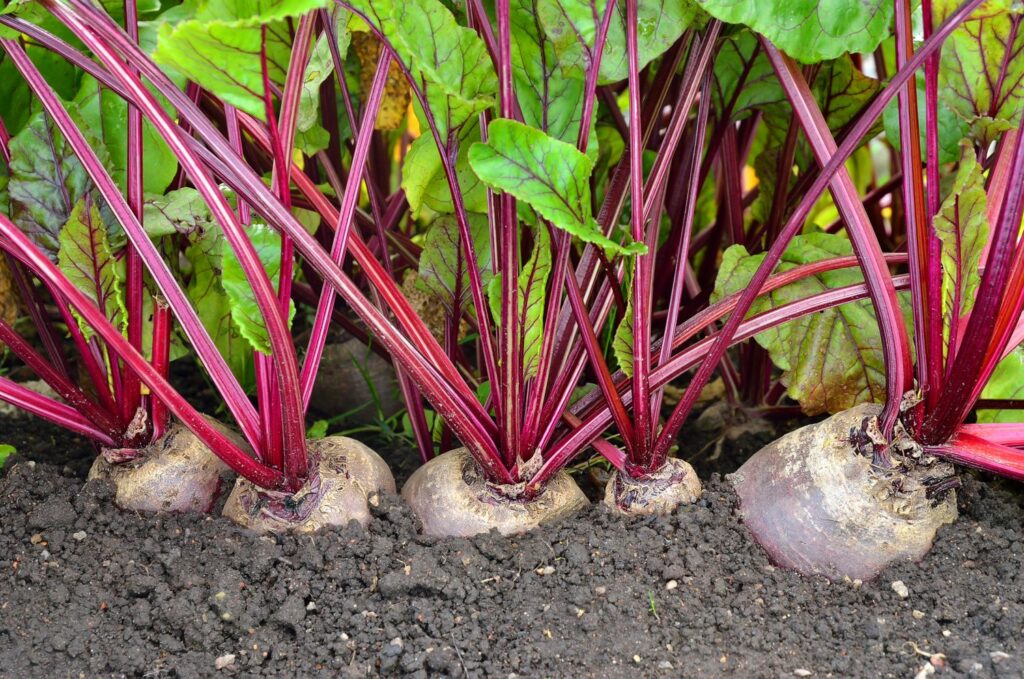
- Celery: Celery helps to repel pests such as aphids and cabbage moths, which can damage broccoli plants. It also helps to improve the flavor of broccoli.

- Chamomile: Chamomile helps to deter pests such as whiteflies and cabbage loopers. It also helps to attract beneficial insects such as ladybugs and hoverflies, which can help to control pests.
- Lettuce: Lettuce helps to suppress the growth of weeds, which can compete with broccoli for water and nutrients. It also helps to improve the flavor of broccoli.
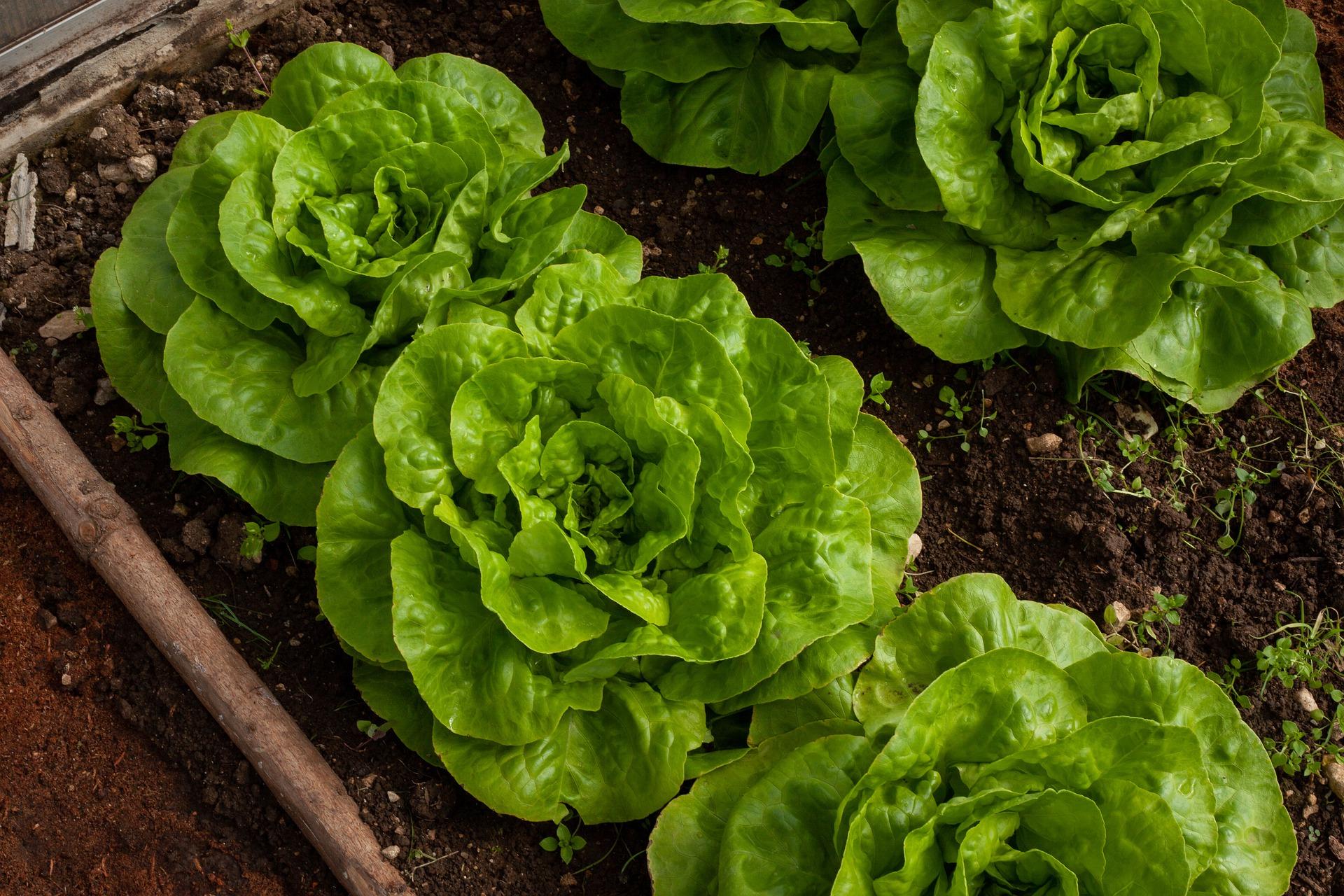
- Potatoes: Potatoes help to repel the cabbage root fly, which can be a major pest of broccoli. They also help to improve the drainage of the soil, which can benefit broccoli plants.

- What are some companion plants that should be avoided when growing broccoli?
Some companion plants that should be avoided when growing broccoli include:
- Cabbage: Broccoli and cabbage are both members of the brassica family, and they are susceptible to the same diseases. Planting them close together can increase the risk of disease transmission.
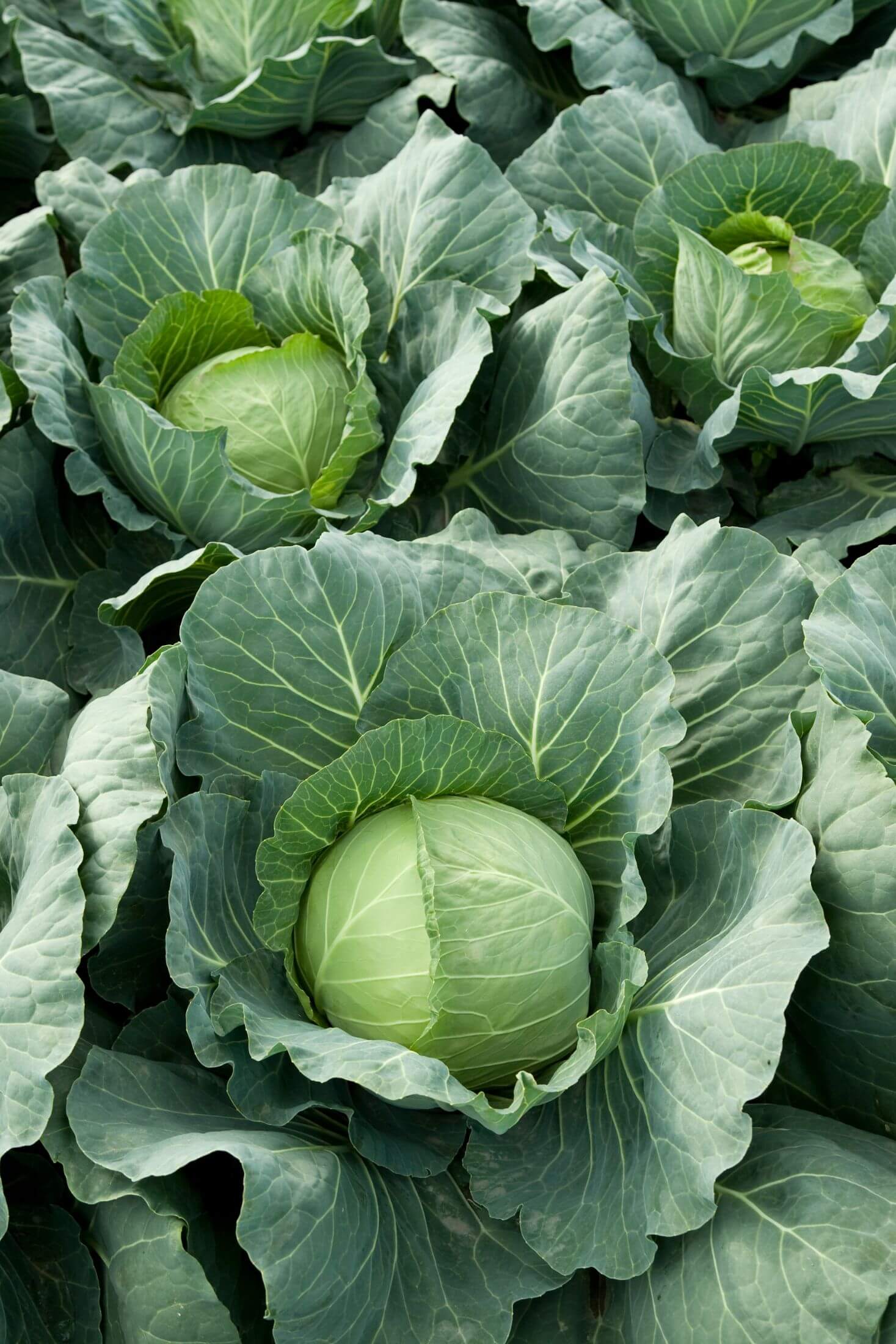
- Kale: Kale is another member of the brassica family, and it should be avoided for the same reasons as cabbage.

- Mustard greens: Mustard greens are also a member of the brassica family, and they should be avoided for the same reasons as cabbage and kale.
- Onions: Onions can release sulfuric compounds into the soil, which can stunt the growth of broccoli plants.
- Peas: Peas can attract pests such as pea weevils, which can also damage broccoli plants.
- How do I plant broccoli companion plants?
When planting broccoli companion plants, it is important to consider their mature size. Some plants, such as beetroot and celery, will grow quite large, so they should be planted at least 18 inches apart. Other plants, such as chamomile and lettuce, will stay relatively small, so they can be planted closer together.
It is also important to consider the sun exposure needs of the different plants. Broccoli needs full sun, so it should be planted in an area that gets at least 6 hours of sunlight per day. Other plants, such as chamomile and lettuce, can tolerate partial shade.
Finally, it is important to consider the soil type and drainage needs of the different plants. Broccoli prefers rich, well-draining soil. Other plants, such as chamomile and lettuce, can tolerate a wider range of soil types.
- How do I care for broccoli companion plants?
Broccoli companion plants generally require the same care as broccoli plants. This includes regular watering, fertilizing, and weeding. However, some plants, such as chamomile, may not need to be fertilized as often as broccoli plants.
It is also important to monitor the plants for pests and diseases. If you see any problems, take steps to control them immediately.
- What are the benefits of companion planting broccoli?
There are many benefits to companion planting broccoli. Companion plants can help to:
- Improve the growth and productivity of broccoli plants.
- Attract beneficial insects that can help to control pests.
- Suppress the growth of weeds.
- Improve the drainage and fertility of the soil.
- Reduce the risk of disease transmission.
Overall, companion planting broccoli is a great way to improve the health and productivity of your broccoli plants. By planting the right companion plants, you can help to ensure that your broccoli plants have everything they need to thrive.
Image of broccoli companion plants
- Beets. Beets and broccoli are a good companion plant because they have different nutrient needs. Beets need more calcium than broccoli, so they can help to improve the soil quality for both plants.
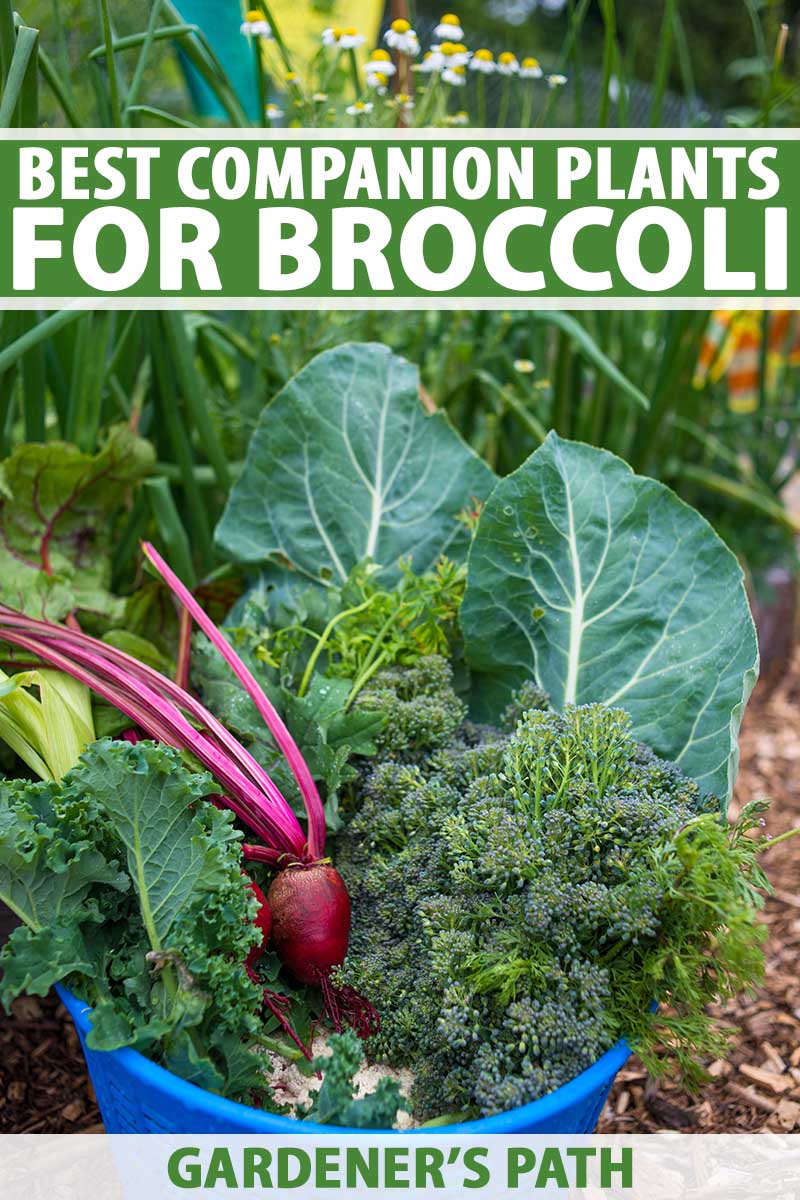
- Celery. Celery and broccoli are both susceptible to pests, so they can help to deter each other's attackers. Celery also helps to improve the soil drainage for broccoli, which can help to prevent root rot.

- Chamomile. Chamomile is a flowering herb that repels pests and improves the soil quality. It can help to protect broccoli from cabbage moths, aphids, and other pests.
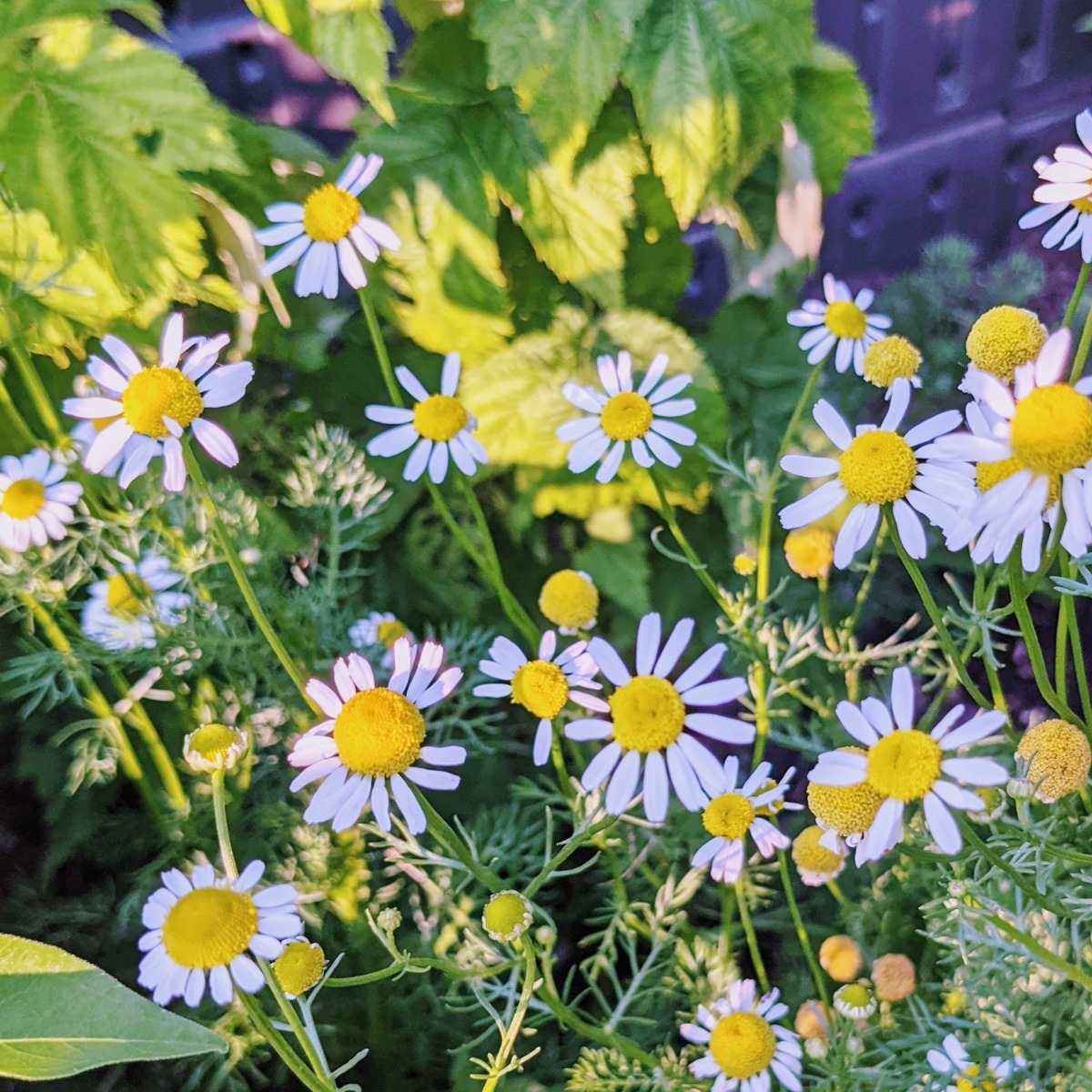
- Lettuce. Lettuce and broccoli are both cool-season crops that can be planted together. Lettuce helps to shade the soil around broccoli, which can help to prevent pests and diseases.
- Rosemary. Rosemary is a fragrant herb that can repel pests and improve the soil quality. It can help to protect broccoli from cabbage moths, aphids, and other pests.

Post a Comment for "The Ultimate Guide To Broccoli Companion Plants"